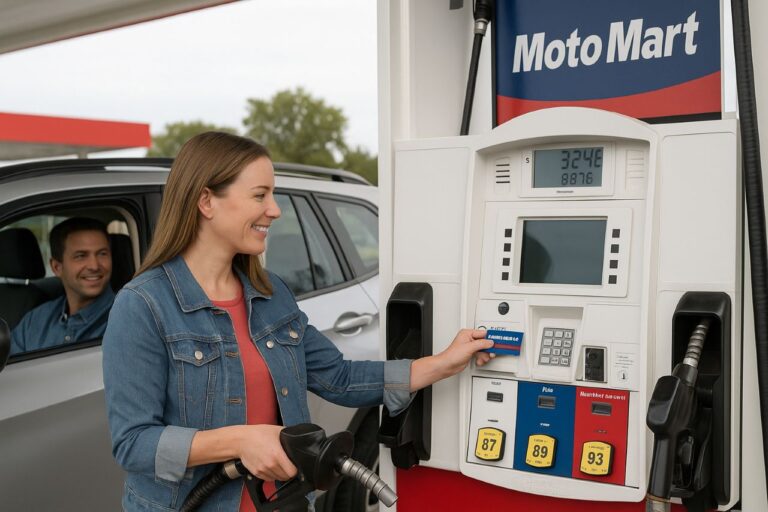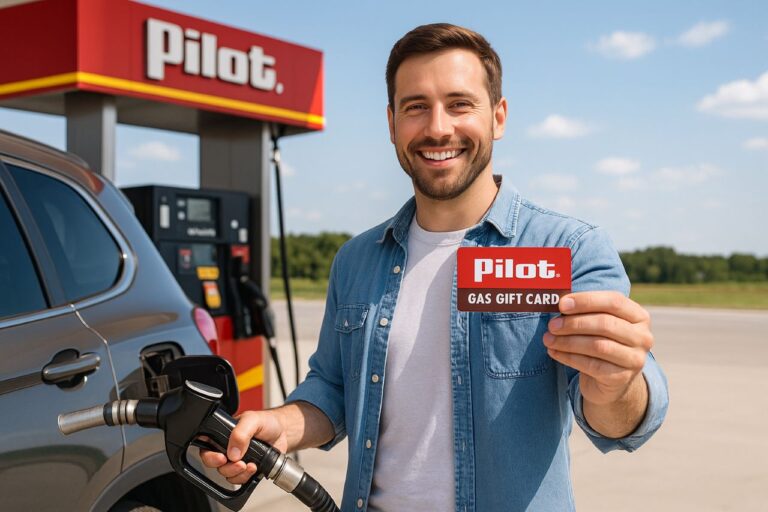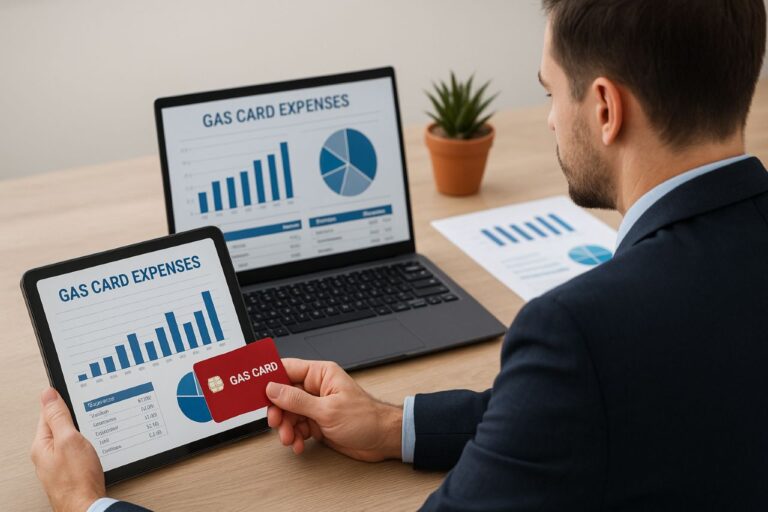Gas Cards for Cancer Patients: Unlock Free Fuel Support & Reduce Expenses
Gas Cards for cancer patients offer vital financial relief when every dollar matters. A cancer diagnosis brings frequent appointments and treatments—and the fee of driving hundreds of miles each week can cost a lot. Free gas cards help cover fuel expenses, so patients and caregivers don’t have to choose among gasoline and groceries. By easing this burden, gas cards allow you to focus on healing instead of transportation fees.
Beyond savings at the gas station, gas cards provide much needed peace of mind by eliminating transportation barriers for cancer patients. Available through national nonprofits and community charities, these gas cards are lifeline for those in need of reliable transportation. In this comprehensive guide, you’ll explore who qualifies, the way to observe, and guidelines for maximizing the benefits of fuel playing cards for most cancers’ patients.
Table of Contents
What Are Gas Cards for Cancer Patients?
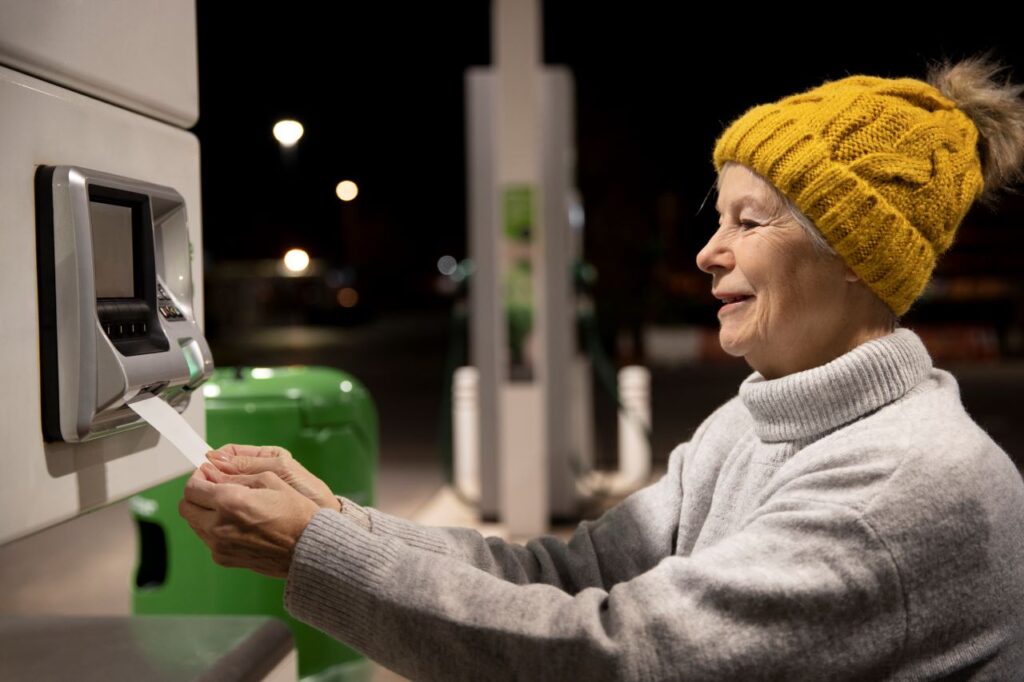
Gas cards for most cancers’ patients are special prepaid or discount cards designed to cover the expenses of fuel needed to drive to clinical appointments. In place of paying out of pocket each time you fill your tank, these cards come loaded with a fixed and fast dollar quantity—typically between $50 and $100—that may be used only at participating gas stations. This indicates you simply swipe the card on the pump and the fee is deducted from the card stability, eliminating the worry about buying gas from your personal pocket.
Who Provides Them:
A variety of organizations offer gas cards specially for people undergoing most cancers treatment. Nationwide nonprofits like Mercy medical Angels and Cancer Card Xchange distribute gas cards to eligible patients, keep a small supply on hand for immediate needs. Local faith‑based totally groups (along with United Way, Salvation Army, and Catholic Charities) may also provide gas cards or transportation vouchers. Every program sets its own rules about who qualifies and how often you can acquire help.
How They Work:
- Prepaid Value: Gas cards arrive loaded with $50–$100. Some programs reload monthly all through active remedy; others offer a one‑time gift.
- Usage Restrictions: Cards only work at particular fuel station networks listed on the card, making sure you know exactly wherein to refill.
- No Repayment Required: Funds are a gift— not a loan—and are not taxed, so you get full value without future financial obligations.
Why They Matter:
Transportation often becomes one of the largest non-medical expenses for cancer patients. Driving to chemotherapy, radiation, scans, and with follow‑up appointments can easily total loads of miles each month. At current gasoline prices, these trips can fee $400–$600 according to treatment cycle —money many families simply don’t have. By way of covering fuel costs, gas cards remove a major financial barrier, reduce stress, and let you focus on your confined sources on meals, housing, and different essentials — allowing you to pay attention absolutely in your healing.
Who Qualifies for Gas Cards for Cancer Patients & How to Apply
Who Qualifies
Most gas‑card programs share these basic requirements:
1. Active Cancer Treatment
To qualify for gas card programs, applicants have to be actively undergoing cancers treatment. This includes having a documented cancers diagnosis tested by a healthcare expert and evidence of scheduled clinical appointments, which includes chemotherapy, radiation remedy, diagnostic scans, or observe-up visits. Programs prioritize sufferers who face common or ongoing tour to get entry to important remedies essential to their recovery.
2. Demonstrated Financial Need
Maximum programs require candidates to show evidence of financial need. Generally, household income must fall within 250–300% of the federal poverty guidelines, although the fact that the exact threshold may vary depending on the program. This requirement guarantees that support is directed to the ones most in need, helping to alleviate the financial burden related to transportation expenses. Additional documentation, along with tax returns, pay stubs, or proof of unemployment, may be required to verify eligibility.
3. U.S. Residency
Gas card applications are normally designed to serve U.S. residents only. A few programs perform nationwide, providing help to eligible individuals across all states, whilst others are more localized and cater to specific states, counties, or regions. It’s important to review every program’s coverage area to make sure you qualify based on your place.
4. Appointment Verification
Applicants have to provide evidence of upcoming treatment appointments to confirm the necessity of transportation support. This may include appointment schedules, medical provider letters, or treatment calendars. Demonstrating that the support will directly address a critical need strengthens the application and guarantees that assistance is used effectively.
Required Documents
Gather these items before applying — missing paperwork is the most common reason for delays:
- A government-issued photo identification card (driver’s license or state identification).
- A signed letter from your oncology team confirming your diagnosis and treatment schedule.
- Recent proof of incomes (pay stubs, tax return, social security award letter, or Medicaid/Medicare eligibility).
- Your appointment itinerary or clinic billing statement showing future visits.
Step‑by‑Step Application Process
Here’s a quick overview of the simple steps you’ll follow to apply for a Gas Card for Cancer Patients:
Speak with Your Oncology Social Worker
Your hospital’s oncology social worker is a useful resource. They’re often equipped with the latest information about gas-card programs, which include eligibility standards, available funding, and the way to apply. In lots of circumstances, they could even help you fill out applications, making sure that everyone documentation is complete and accurate. Their expertise saves time and increases the probability of approval.
Complete a Single Online Application
Many national programs simplify the process by the using a centralized online form. This indicates you may not need to complete separate applications for each charity, streamlining the process significantly. Take a while to carefully input all required information to keep away from mistakes. A properly finished software can prevent from delays or the want for corrections.
Reach Out to Local Agencies
In addition to countrywide programs, local faith-based totally organizations and community groups often provide gas vouchers for most cancers’ patients. You could call 211—a free service connecting people to local resources—or use an online network aid finder to discover local companies. These local programs might also have one-of-a-kind criteria and may serve as a complementary choice to national tasks.
Submit Your Documentation
Make sure all required documents are submitted as specified by the program. This typically includes photograph identification, proof of income, a signed letter from your oncology crew, and a treatment agenda or billing announcement. Double-check that names, dates, and addresses are consistent throughout all paperwork to avoid delays. Proper organization and attention to detail can speed up the evaluation system.
Follow Up Promptly
After submission, most programs reply within 1–4 weeks. If your application is denied, don’t hesitate to ask about the wait-list policy and find out the soonest you may reapply. Staying proactive and following up shows initiative and ensures you continue to be at the program’s radar for future opportunities.
What to Do If You’re Denied
- Confirm you met every eligibility requirement
- Request clear feedback on why your application was declined
- Apply to another program — funding cycles and availability vary
- Reapply as soon as funds reopen; persistence often leads to success
Where to Find Gas Cards for Cancer Patients
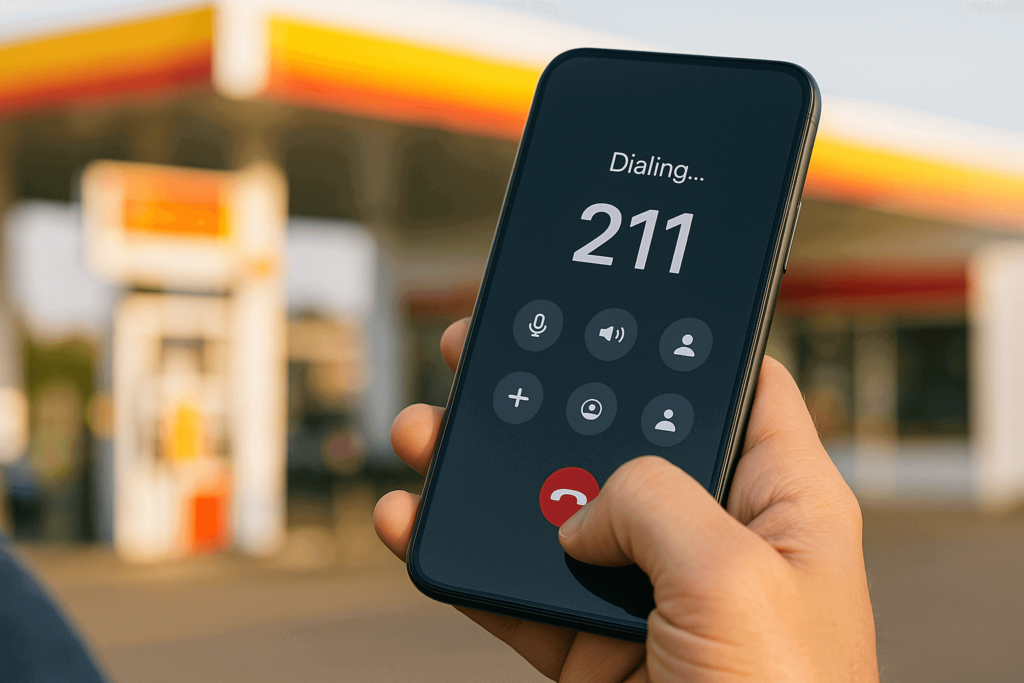
A variety of organizations distribute gas cards to help cover travel costs during cancer treatment:
National Nonprofits
Several U.S.-based charities function national fuel card applications particularly for cancer patients. Mercy clinical Angels, founded in Norfolk, Virginia, sends prepaid gas cards—often $50–$100 each month—to cover journey expenses for treatment. Cancer Card Xchange, another U.S. Nonprofit, provides one‑time fuel gift gas cards when available, distributing aid through a waiting‑list system. The Leukemia & Lymphoma Society (LLS) gives its patient aid program, that could include gas and parking assistance for those undergoing blood cancer treatments. A majority of these agencies require a U.S. Mailing deal with and proof of active treatment to qualify.
Hospital Social Work Departments
Many American cancer centers keep a stock of gas cards or partner with local nonprofits to help patients at once. In case you receive treatment at centers like Mayo Sanatorium (FL), university of Colorado health center (CO), or different U.S. cancers centers, ask your oncology social worker about available gas card assistance. Social employees have up‑to‑date lists of local and national packages, can confirm your eligibility quickly, and often deal with office work on your behalf — making the system speedy and strain‑free.
Local Faith‑Based & Community Organizations
Faith‑based and network companies throughout the U.S. also offer transportation aid for cancer patients. United Way Worldwide in nearly every nation offer emergency financial help, which can include of gas cards. The Salvation Navy frequently distribute prepaid fuel vouchers through neighborhood places of work. Smaller nonprofits like Love INC and St. Vincent de Paul often step in when national resources run out, focusing on low‑income patients in specific regions. Eligibility usually calls for proof of most cancers’ diagnosis and U.S. residency.
Cancer‑Specific Foundations
Some U.S. nonprofits tailor fuel card aid to unique most cancer types. J’s assisting Hand, serving breast cancer patients national, gives gas cards to the ones in active treatment who demonstrate financial need. The head & Neck cancer Alliance awards one-time $50 gas cards to patients currently receiving treatment for head and neck cancers. These specialized programs make sure support goes directly to patients going through the particular travel burdens of particular diagnoses.
Fuel‑Saving Tips for Cancer Patients Using Gas Cards
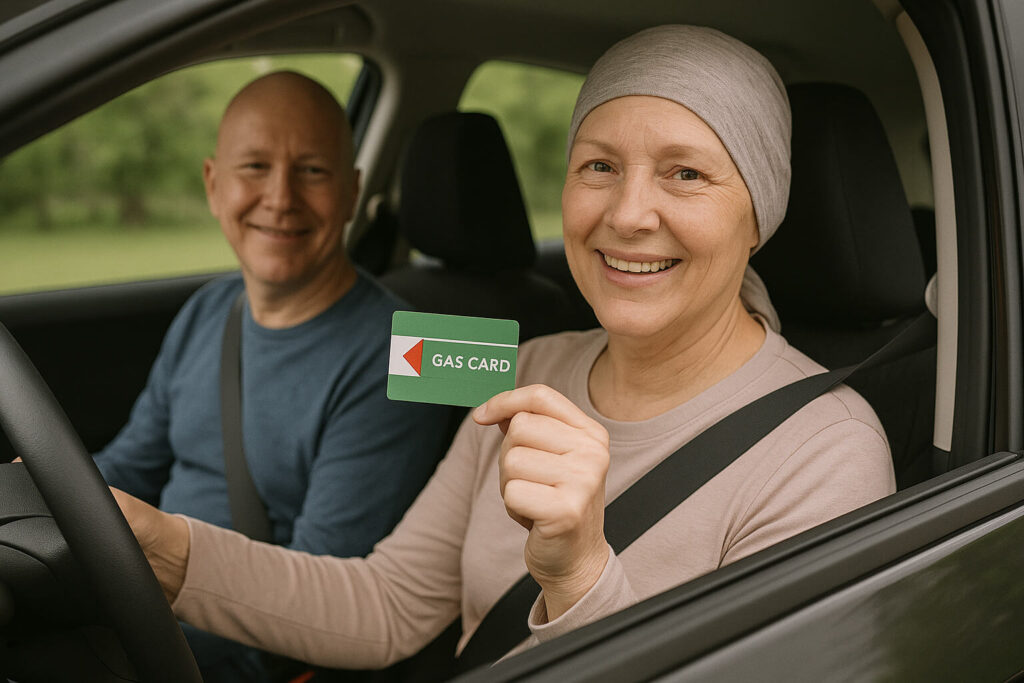
Even when your gas card covers fuel costs, stretching its value goes a long way. Try these easy strategies:
- Plan & Combine Trips: Try and organization your appointments, pharmacy visits, and different errands on the same day. This way, you could drive less and store on fuel.
- Compare Prices Quickly: Use free apps like GasBuddy or your gas card’s app to speedy find the cheapest gas station near you before filling up.
- Keep Your Car Maintained: Keep your car in good shape by checking tire pressure every month and changing the oil on time. These small fixes can help your car use less gasoline.
- Drive Smoothly: Keep away from rushing up fast or stopping unexpectedly. Drive at steady speeds below 65 mph, and slow down gradually when you stop.
- Stack Discounts: Sign up for station loyalty programs like Shell Fuel Rewards and link them to your gas card. You’ll save even more money on gas.
For more information on how gas card programs can maximize fuel savings, check out our article on Fast Stop Gas Cards.
Understanding the Financial Burden of Cancer
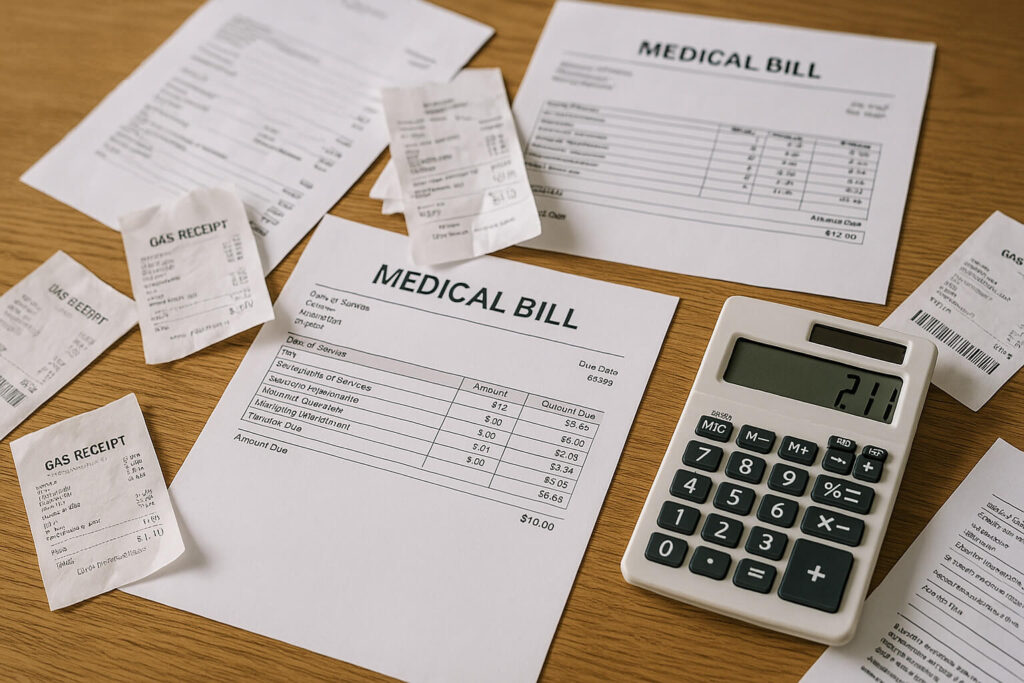
Cancer brings troubles far more than just financial burden — it creates a web of hidden expenses which can quickly overwhelm cancer patients and their families. Below, each important cost area is defined in straightforward terms so that you can see why covering even one expense — like fuel — makes a meaningful difference.
1. Out‑of‑Pocket Medical Costs
Even when you have medical health insurance, you’ll still pay a percentage of treatment cost. Each physician visit usually carries a co‑pay (regularly $20–$50). Diagnostic checks — such as blood work, MRIs, or CT scans — can run hundreds of dollars each after insurance. Prescription medicines, mainly more newer cancer drugs, can also require co‑will pay of $30–$two hundred consistent with refill. Over the course of treatment, those “small” charges upload as much as hundreds of dollars, straining budgets that were already stretched thin.
2. Transportation Expenses
Traveling to and from appointments is one of the most important non-medical expenses of most cancers’ patients. If you drive 50 miles each way for chemotherapy three times every week, that’s three hundred miles per week. At today’s gas prices, fueling these journeys can value $forty–$60 weekly — greater than $500 for a normal six‑week cycle. For patients in rural areas or those seeing experts away from domestic, travel expenses by themselves can exceed $1,000 in a few months, creating financial pressure and tough choices about attending treatments.
3. Lost Income and Work Disruption
Most cancers treatments schedules rarely align with typical work hours, forcing many patients to reduce their working hours or take unpaid leave. Many patients need to reduce hours or take unpaid leave, and caregivers regularly step far from jobs to provide support. Research indicates nearly 1/2 of all cancer patients experience job loss or sufficient income reduction in the duration of treatment. Dropping even one paycheck can create a domino effect missed mortgage or rent bills, delayed payments, and depleted savings.
4. Ancillary Living Expenses
Beyond medical bills and fuel, there are numerous small charges that quickly gather. Parking charges at hospitals can variety from $10–$20 according to visit. Childcare or eldercare expenses increase when a parent or spouse must attend appointments. If medical centers are far away, patients may also need to stay overnight in a hotel — adding $100–$150 per night. Combined, these extra expenses often total $200–$400 each month.
5. Emotional & Psychological Toll
Economic pressure isn’t pretty much money — it impacts intellectual fitness too. Regular worry about affording fuel, groceries, or utilities adds anxiety and can worsen depression. Studies link financial toxicity (the stress of scientific fees) to lower treatment adherence, meaning patients may skip appointments or put off filling prescriptions to save money. Reducing one burden — like covering fuel charges with gas cards — can significantly improve emotional well‑being and allow patients to focus on recovery.
Real Patient Stories: Gas Cards for Cancer Patients in Action
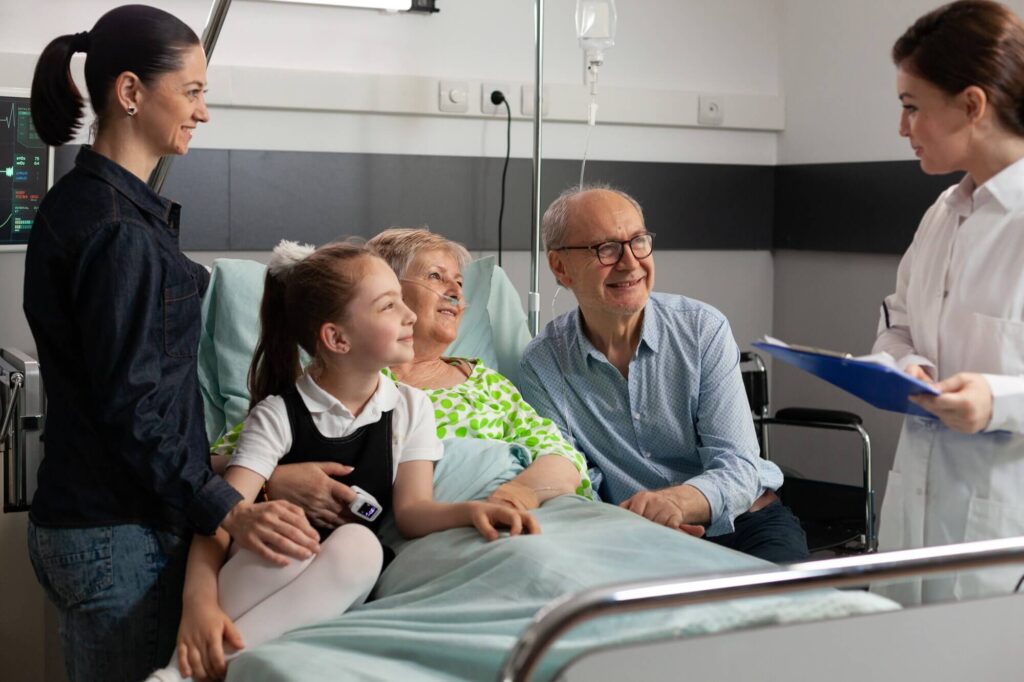
Laura’s Lifesaver at Mayo Clinic:
Diagnosed just before turning 60, Laura needed ongoing chemo and immunotherapy at Mayo health center in Jacksonville, FL. Insurance covered treatment—but not the hundreds of miles she drove weekly. Mercy clinical Angels sent her month-to-month gas cards, removing her gasoline expenses and making sure she never missed a single life‑saving appointment.
Christine’s Relief in Colorado:
After being identified with acute lymphoblastic leukemia, Christine faced two times‑weekly treatments at university of Colorado hospital—over an hour’s force every way. Free gasoline cards from Mercy clinical Angels protected her entire month’s gasoline desires, reducing economic pressure and notably boosting her intellectual well‑being all through treatment.
LaDoris’s Lifeline in North Carolina:
LaDoris needed treatment for more than one myeloma that required 3‑and‑a‑half of‑hour drives more than one times a month. Mercy medical Angels furnished $50 gas cards each 4 months, making those long trips possible and letting her focus on healing instead of rising fuel costs.
Final Thoughts
Don’t let fuel expenses stand between you and life‑saving treatment. Apply now for a fuel card via your oncology social employee or visit Mercy scientific Angels, most cancers Card Xchange, or the Leukemia & Lymphoma Society websites to finish a simple online application. You can also call 211 or check nearby community organizations (United way, Salvation military, Love INC) to find nearby fuel card help. Collect your doctor’s letter, proof of profits, and appointment time-table — then publish your application today. Every mile covered brings you one step toward recovery without the stress of rising gasoline bills.
Frequently Asked Questions (FAQs)
Are gas cards taxable income?
No — gas cards provided by nonprofit assistance programs are considered non‑taxable gifts, not income.
Can I use a gas card at any station?
Most gas cards are valid only at specific fuel networks. Check the card or program details for participating brands before you fill up.
How long does it take to receive a gas card after applying?
Processing times vary by program but typically range from 1–4 weeks. Some hospital social workers can expedite requests for urgent treatment travel.
What if my application is denied?
Ask for feedback, then reapply or try another program. Many nonprofits reopen applications regularly as funds are replenished.
Can caregivers or family members use the gas card?
Yes — most programs allow either the patient or their primary caregiver to use the card for treatment‑related travel.


